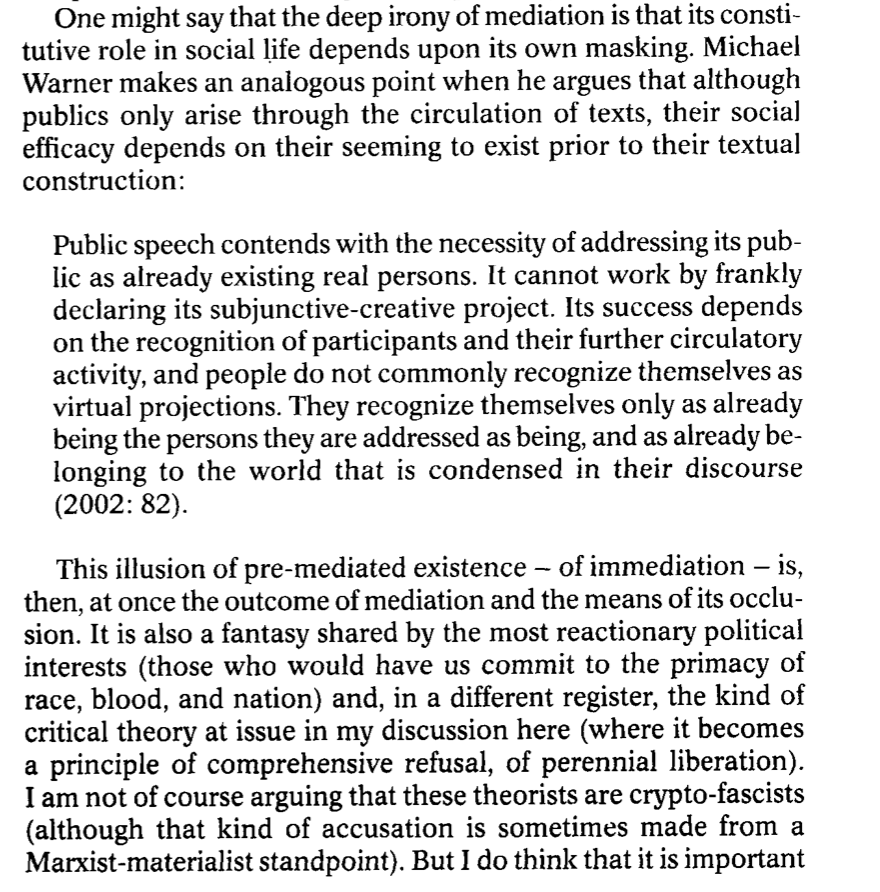A several years when I first arrived at @MaynoothUni I taught a course called, simply & #39;Affect.& #39; A third year seminar focus on the then cutting edge and trendy topic. I tried to design a syllabus that would affect students: /1
One year, I was unable to be present for the first lecture, so instead, I programmed an avatar at XtraNormal to give my presentation for me. It seemed especially appropriate (and funny) to elicit the uncanny valley at the start of this module /2
Video continues here /3
And then finishes here /4
I taught #Affect because my work in PNG had made me think about sorrow, a theme in much New Guinea ethnography (see Edward Schieffelin& #39;s legendary book The Sorrow of the Lonely and the Burning of the Dancers)... /5
But what concerned me most wasn& #39;t sorrow, but rather melancholia: grief denied. /6
When I engage a subject in research, I teach myself about it through the teaching I offer students. /7
This is the most exciting and special kind of teaching: where each seminar is an opportunity for real discovery. /8
I learn so much from my students. /9
After years of teaching & #39;Affect,& #39; I came to see the set of analyses associated with the term as anthropologically problematic. /10
And the nature of my concern lies in what William Mazarella called the & #39;dream of immediation& #39; present in much affect theory: it& #39;s race away from representation understood as meaning. /11
Mazarella& #39;s excellent and provocative piece can be found here. /12 https://www.academia.edu/366261/Affect_What_is_it_Good_For">https://www.academia.edu/366261/Af...
But he joins a chorus of voices critiquing what Ruth Leys called & #39;the turn to affect& #39;: https://www.jstor.org/stable/10.1086/659353?socuuid=4ecdc40b-0f96-4cbc-bfbf-1134e6612823&socplat=twitter">https://www.jstor.org/stable/10... /13
Anyway, this thread, telegraphing academic positions of enormous complexity and erudition, was just really an excuse to post the video from XtraNormal. /15
Remember the notion of machinima? /16

 Read on Twitter
Read on Twitter




